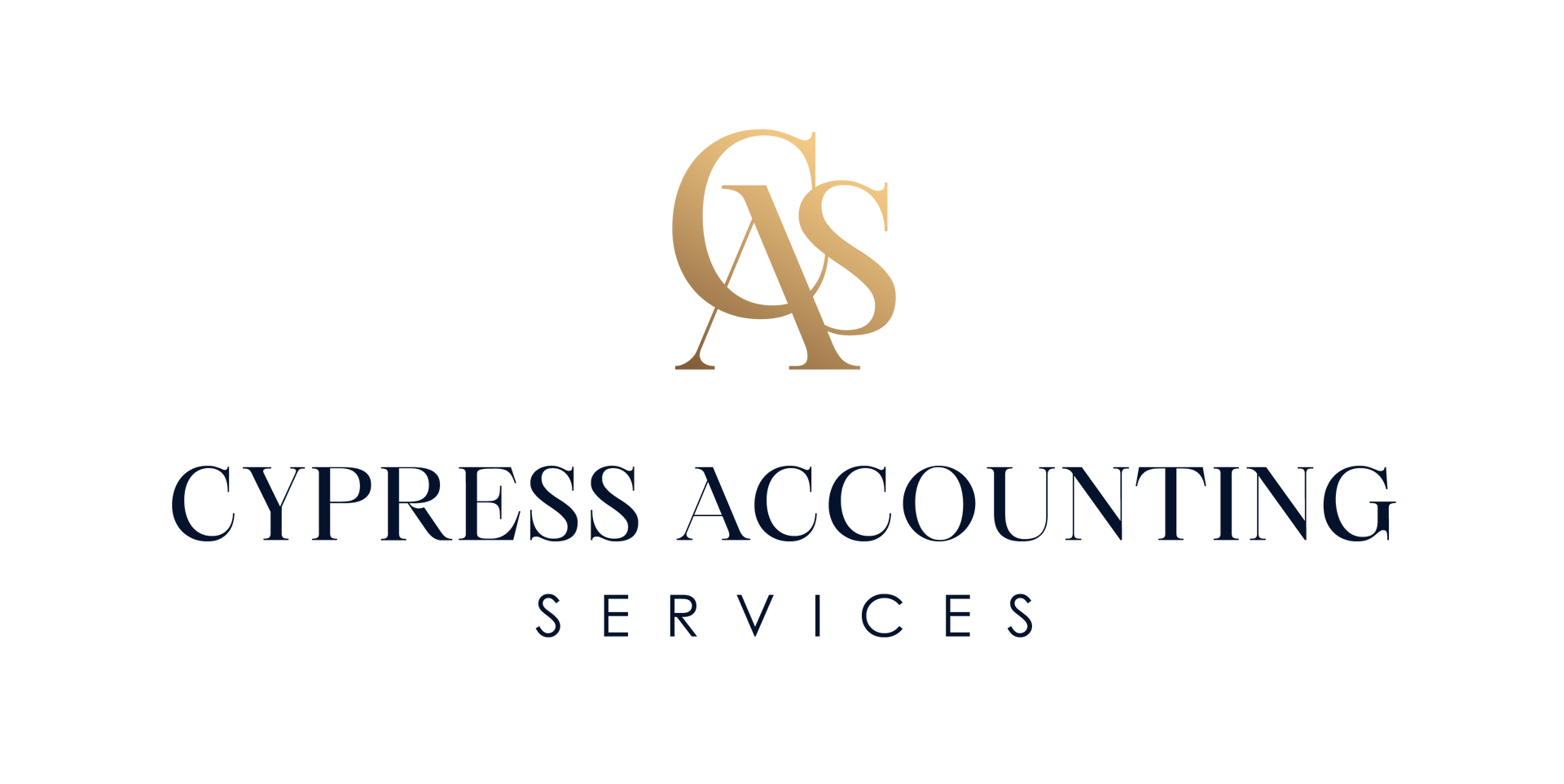Understanding Tax Laws
Mastering Tax Laws: Tips for a Stress-Free Experience
1. Stay Informed About Tax Changes
Tax laws can change yearly, and keeping up can save you money. Follow trusted websites like IRS.gov or subscribe to newsletters that explain updates in simple terms. Knowing about new credits or deductions might make a big difference.
2. Organize Your Financial Documents
Keeping everything in one place—W-2s, 1099s, receipts, and bank statements—makes filing taxes much easier. Use a folder or digital tool to track your expenses year-round. Good organization reduces stress and helps you claim every deduction you’re entitled to.
3. Understand Common Deductions and Credits
Familiarize yourself with tax breaks that apply to you, such as the Child Tax Credit or deductions for student loans. Even small deductions can add up to significant savings. If you're unsure, research or ask a professional for guidance.
4. Work with a Trusted Tax Professional
Taxes can be tricky, and a good accountant or tax preparer is your best ally. They can spot deductions you might miss, help you avoid costly mistakes, and ensure everything is filed correctly. It’s an investment in peace of mind.
5. Don’t Forget State Tax Laws
Federal taxes are only part of the picture. States have their own rules, which might include credits or requirements you need to follow. Make sure you understand both to avoid surprises.
6. Use Tax Software or Tools
There are many easy-to-use tax tools available that simplify the filing process. Many even offer step-by-step guidance to help you avoid errors. Choose one that fits your needs or ask your accountant for recommendations.
7. Plan Ahead for Next Year
Once you’ve filed, take time to review what worked well and what didn’t. Adjust your withholding if needed, set reminders for quarterly taxes if you’re self-employed, and start tracking expenses early. Planning ahead makes next year’s taxes easier.
Unconventional Tip: Build a Tax-Friendly Mindset
Think of taxes as an opportunity to understand your finances better. Keeping track of your income and expenses not only helps at tax time but also gives you a clearer picture of your financial health.




